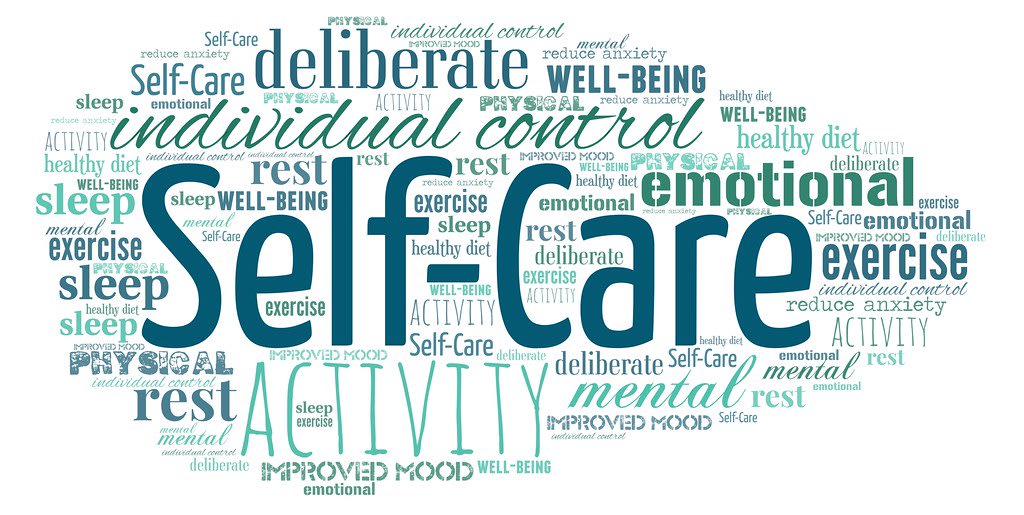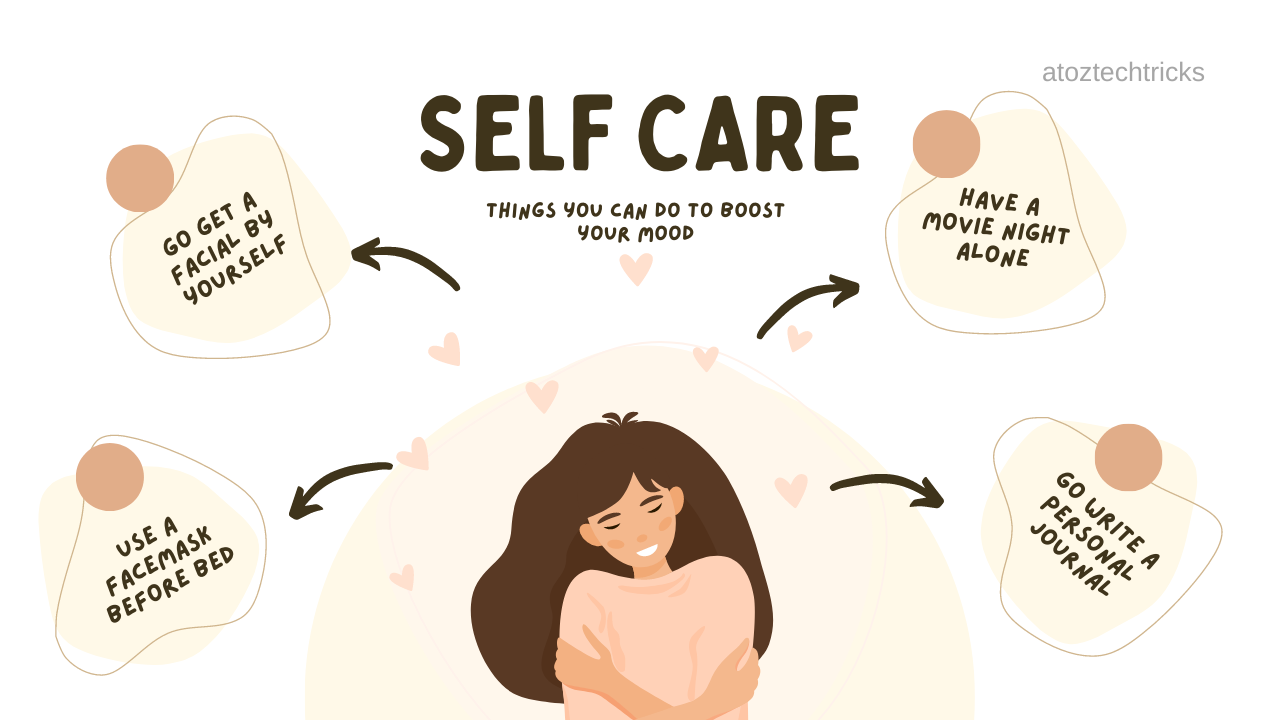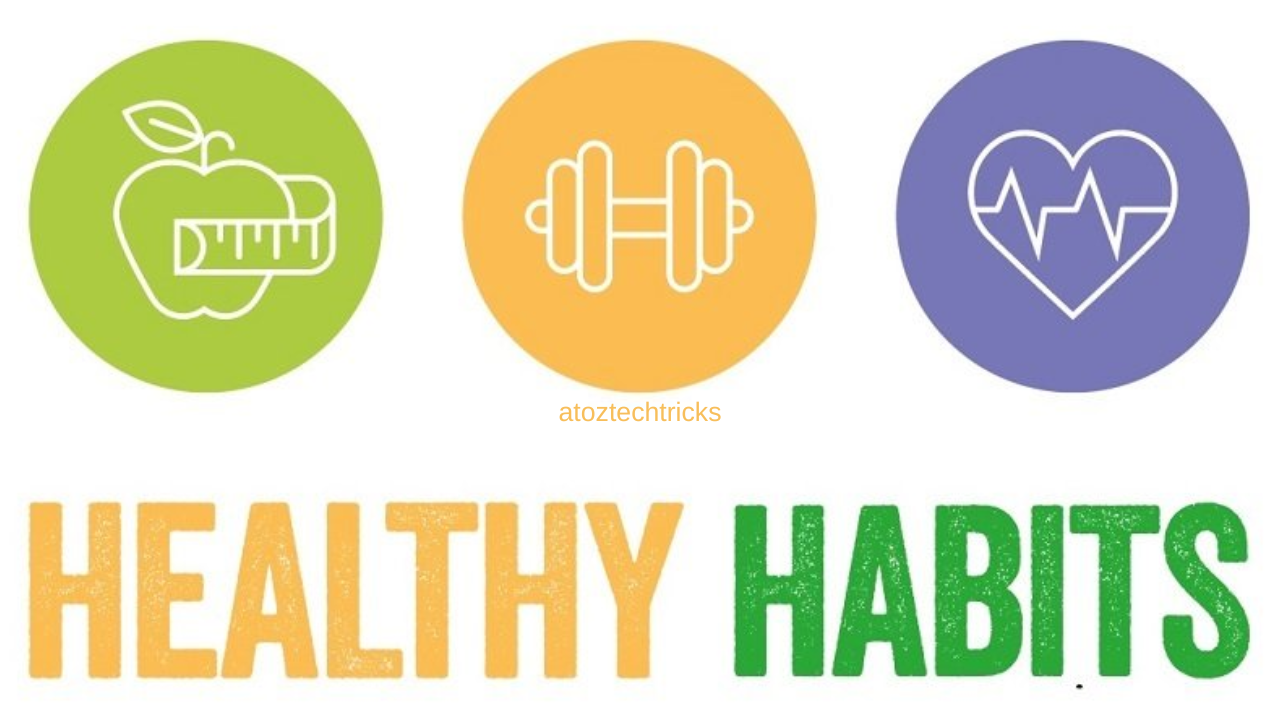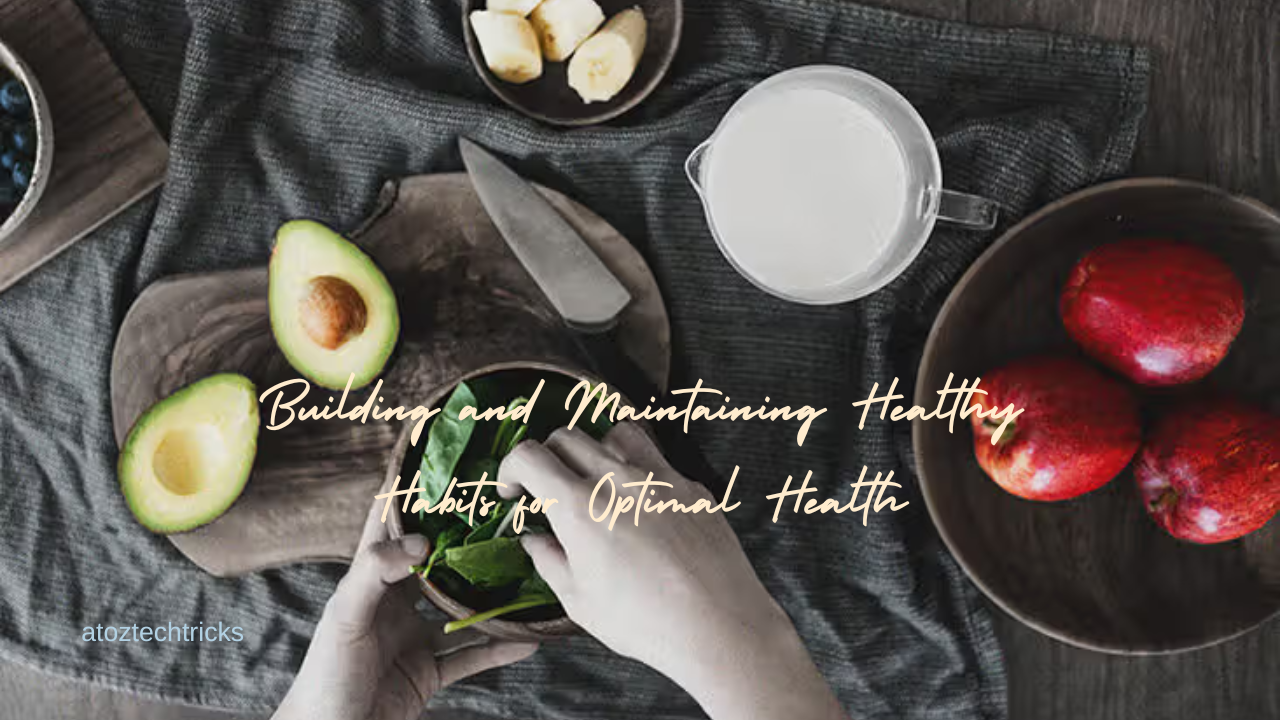The Importance of Self-Care for Overall Health
In today’s fast-paced world, self-care has become an essential practice for maintaining overall health and well-being. The concept of self-care encompasses a range of activities and practices that individuals engage in to manage stress, enhance their mental, physical, and emotional health, and maintain a balanced life. While self-care may sometimes be misconstrued as selfish or indulgent, it is, in fact, a critical aspect of living a healthy, fulfilling life. In this article, we will explore the importance of self-care, its benefits, and practical ways to incorporate self-care into daily routines.
Understanding Self-Care
Self-care is a broad term that refers to the actions and practices individuals take to improve their health, reduce stress, and achieve a higher quality of life. It is a proactive approach to maintaining well-being, rather than a reactive response to illness or stress. Self-care is highly individualized, meaning that what works for one person may not work for another. It encompasses a variety of activities, from physical exercise and healthy eating to mental relaxation and emotional support.
Self-Care for Caregivers and Parents: Nurturing Yourself While Caring for Others
Types of Self-Care
Self-care can be categorized into several types, each addressing a different aspect of overall health:
- Physical Self-Care: This includes activities that improve physical health, such as regular exercise, proper nutrition, adequate sleep, and routine medical check-ups.
- Emotional Self-Care: This involves activities that help individuals process and manage their emotions. It includes practices like journaling, talking to a friend or therapist, and engaging in hobbies that bring joy and relaxation.
- Mental Self-Care: Mental self-care focuses on keeping the mind sharp and engaged. Activities such as reading, solving puzzles, learning new skills, and practising mindfulness fall into this category.
- Social Self-Care: Social connections are vital for overall well-being. Social self-care includes maintaining healthy relationships, setting boundaries, and spending time with loved ones.
- Spiritual Self-Care: For many, spiritual self-care is about nurturing the soul and finding meaning in life. This can involve religious practices, meditation, spending time in nature, or other activities that connect an individual to a higher purpose.
- Practical Self-Care: Practical self-care refers to the actions that reduce stress by taking care of basic needs. This includes tasks like managing finances, organizing your living space, and planning your schedule effectively.

The Benefits of Self-Care
Engaging in self-care has numerous benefits that contribute to overall health. These benefits span physical, mental, and emotional well-being and can have a profound impact on an individual’s quality of life.
Physical Health Benefits
- Improved Physical Health: Regular physical self-care, such as exercise and proper nutrition, can lead to better physical health. Exercise strengthens the heart, improves circulation, and helps maintain a healthy weight. Eating a balanced diet ensures that the body gets the nutrients it needs to function optimally.
- Reduced Risk of Chronic Diseases: Engaging in regular physical activity and maintaining a healthy diet can significantly reduce the risk of chronic diseases such as heart disease, diabetes, and obesity. Self-care practices like regular medical check-ups and screenings also play a crucial role in the early detection and prevention of diseases.
- Enhanced Immune System: Adequate sleep, stress management, and proper nutrition are all self-care practices that can boost the immune system. A strong immune system is essential for fighting off infections and maintaining overall health.
- Better Sleep Quality: Prioritizing sleep as part of self-care can lead to improved sleep quality. Establishing a regular sleep routine, creating a comfortable sleep environment, and reducing screen time before bed are all strategies that can enhance sleep and contribute to better physical health.
Mental and Emotional Health Benefits
- Reduced Stress and Anxiety: Self-care practices such as mindfulness, meditation, and relaxation techniques can help reduce stress and anxiety. These practices calm the mind, lower cortisol levels, and promote a sense of inner peace.
- Improved Mental Clarity and Focus: Mental self-care activities like reading, learning, and engaging in creative pursuits can improve cognitive function, mental clarity, and focus. Keeping the mind active and engaged is essential for mental well-being.
- Emotional Resilience: Emotional self-care helps individuals develop resilience, allowing them to cope better with life’s challenges. By processing emotions through activities like journaling or therapy, individuals can build emotional strength and reduce the risk of burnout.
- Enhanced Self-Esteem and Confidence: Taking time for self-care sends a message to oneself that they are worth the effort. This can boost self-esteem and confidence, leading to a more positive self-image and greater overall happiness.
Creating a Personalized Self-Care Routine: Your Ultimate Guide to Wellness
Social and Relationship Benefits
- Stronger Relationships: Social self-care emphasizes the importance of maintaining healthy relationships. Spending quality time with loved ones, communicating openly, and setting boundaries can lead to stronger, more fulfilling relationships.
- Improved Communication Skills: Engaging in social self-care can enhance communication skills. When individuals feel emotionally balanced and confident, they are better equipped to express themselves and connect with others.
- Increased Social Support: Maintaining strong social connections provides a support system that can be invaluable during difficult times. Social self-care ensures that individuals have a network of people they can rely on for emotional and practical support.
Spiritual and Existential Benefits
- Sense of Purpose: Spiritual self-care helps individuals connect with their values and beliefs, leading to a greater sense of purpose in life. Whether through religious practices, meditation, or time spent in nature, finding meaning can contribute to overall happiness and fulfilment.
- Inner Peace: Spiritual self-care practices like meditation, prayer, or mindfulness can cultivate inner peace and tranquillity. These practices help individuals find calm amidst the chaos of daily life, leading to a more balanced and centred existence.
- Improved Coping Mechanisms: Spiritual self-care can provide individuals with tools and perspectives that help them cope with life’s challenges. Whether through faith, meditation, or a connection with nature, these practices can offer comfort and guidance during difficult times.

The Importance of Self-Care in Today’s World
In the modern world, the importance of self-care cannot be overstated. The demands of work, family, and social obligations can leave little time for self-care, leading to stress, burnout, and a decline in overall health. However, neglecting self-care can have serious consequences, both in the short term and long term.
Preventing Burnout
Burnout is a state of physical, emotional, and mental exhaustion caused by prolonged stress. It is a common problem in today’s fast-paced world, particularly among professionals who are constantly juggling multiple responsibilities. Burnout can lead to a range of health issues, including chronic fatigue, depression, and anxiety.
Self-care is a powerful tool for preventing burnout. By regularly engaging in activities that promote relaxation and well-being, individuals can reduce stress levels and build resilience. This not only helps prevent burnout but also enhances productivity and creativity in the long run.
Maintaining Work-Life Balance
Achieving a healthy work-life balance is a significant challenge in today’s society, where the boundaries between work and personal life are often blurred. Many people find themselves constantly connected to work through technology, leading to increased stress and decreased time for personal pursuits.
Self-care is essential for maintaining a work-life balance. By setting boundaries, prioritizing personal time, and engaging in activities that bring joy and relaxation, individuals can create a more balanced and fulfilling life. This balance is crucial for long-term health and happiness.
Enhancing Productivity and Creativity
Contrary to the belief that taking time for self-care detracts from productivity, self-care can enhance productivity and creativity. When individuals are well-rested, emotionally balanced, and mentally sharp, they are more capable of performing at their best.
Taking regular breaks, practising mindfulness, and engaging in creative activities are all forms of self-care that can boost productivity. These practices allow the mind to recharge and refocus, leading to greater efficiency and innovation.
Promoting Longevity
Engaging in regular self-care practices can contribute to a longer, healthier life. By taking care of physical, mental, and emotional health, individuals can reduce the risk of chronic diseases, improve overall well-being, and increase life satisfaction.
Studies have shown that people who engage in regular self-care practices, such as exercise, healthy eating, and stress management, are more likely to live longer, healthier lives. Self-care is not just about feeling good at the moment; it is an investment in long-term health and longevity.
Incorporating Mindfulness into Fitness Activities: A Path to Enhanced Well-Being
Practical Ways to Incorporate Self-Care into Daily Life
Incorporating self-care into daily life does not have to be complicated or time-consuming. Simple, consistent practices can make a significant difference in overall health and well-being. Here are some practical ways to incorporate self-care into daily routines:
Physical Self-Care Tips
- Exercise Regularly: Aim for at least 30 minutes of physical activity each day. This can include walking, jogging, yoga, or any other form of exercise that you enjoy.
- Eat a Balanced Diet: Focus on consuming a variety of whole foods, including fruits, vegetables, lean proteins, and whole grains. Avoid processed foods and excessive sugar.
- Prioritize Sleep: Aim for 7-9 hours of sleep each night. Create a bedtime routine that promotes relaxation, such as reading or taking a warm bath before bed.
- Stay Hydrated: Drink plenty of water throughout the day to keep your body hydrated and functioning optimally.
- Schedule Regular Check-Ups: Don’t neglect routine medical appointments. Regular check-ups can help detect potential health issues early and keep you on track with your health goals.
Emotional and Mental Self-Care Tips
- Practice Mindfulness: Spend a few minutes each day practising mindfulness or meditation. This can help reduce stress and improve mental clarity.
- Engage in Hobbies: Make time for activities that bring you joy and relaxation, whether it’s reading, painting, gardening, or playing a musical instrument.
- Talk to Someone You Trust: Whether it’s a friend, family member, or therapist, talking about your feelings can help you process emotions and reduce stress.
- Set Boundaries: Learn to say no when necessary. Setting boundaries is crucial for protecting your mental and emotional health.
- Keep a Journal: Writing down your thoughts and feelings can be a powerful way to process emotions and gain insight into your mental and emotional state.
Social and Spiritual Self-Care Tips
- Nurture Relationships: Spend quality time with loved ones and maintain healthy relationships. Social connections are vital for emotional well-being.
- Volunteer: Helping others can provide a sense of purpose and fulfilment. Consider volunteering your time or skills to a cause you care about.
- Explore Your Spirituality: Whether through meditation, prayer, or spending time in nature, find ways to connect with your spirituality and cultivate inner peace.
- Join a Community: Being part of a community, whether it’s a religious group, book club, or sports team, can provide social support and a sense of belonging.
- Practice Gratitude: Take time each day to reflect on what you’re grateful for. Gratitude practices can enhance happiness and overall well-being.
Overcoming Barriers to Self-Care
While the importance of self-care is widely recognized, many people struggle to incorporate it into their lives. Common barriers to self-care include lack of time, guilt, and the belief that self-care is indulgent or unnecessary. Overcoming these barriers is essential for maintaining overall health and well-being.
Addressing the Time Barrier
One of the most common excuses for not practising self-care is a lack of time. However, self-care does not have to be time-consuming. Start by incorporating small self-care activities into your daily routine. For example, take a few minutes each morning to meditate, or spend 10 minutes before bed reading a book. Over time, these small practices can add up to significant improvements in overall health.
Letting Go of Guilt
Many people feel guilty about taking time for themselves, believing that they should be focusing on work, family, or other responsibilities. However, self-care is not selfish; it is necessary for maintaining health and well-being. By taking care of yourself, you are better equipped to care for others and fulfil your responsibilities.
Redefining Self-Care
Self-care is often misunderstood as indulgent or extravagant. However, self-care does not have to involve expensive spa treatments or luxury vacations. It can be as simple as taking a walk in nature, practising deep breathing, or spending time with loved ones. Redefine self-care as any activity that enhances your well-being and brings balance to your life.
The importance of self-care for overall health cannot be overstated. By taking a proactive approach to physical, mental, emotional, and spiritual well-being, individuals can reduce stress, prevent burnout, and improve their quality of life. Self-care is not a luxury or an indulgence; it is a necessity for living a healthy, balanced life.
Incorporating self-care into daily routines may require overcoming barriers such as lack of time or feelings of guilt. However, by prioritizing self-care and making it a regular part of life, individuals can enjoy the many benefits it offers, from improved physical health to enhanced emotional resilience and stronger relationships.
Ultimately, self-care is about taking responsibility for your well-being recognizing that you deserve to be healthy, happy, and fulfilled. By making self-care a priority, you can create a life that is not only productive but also deeply satisfying and joyful.




Post Comment